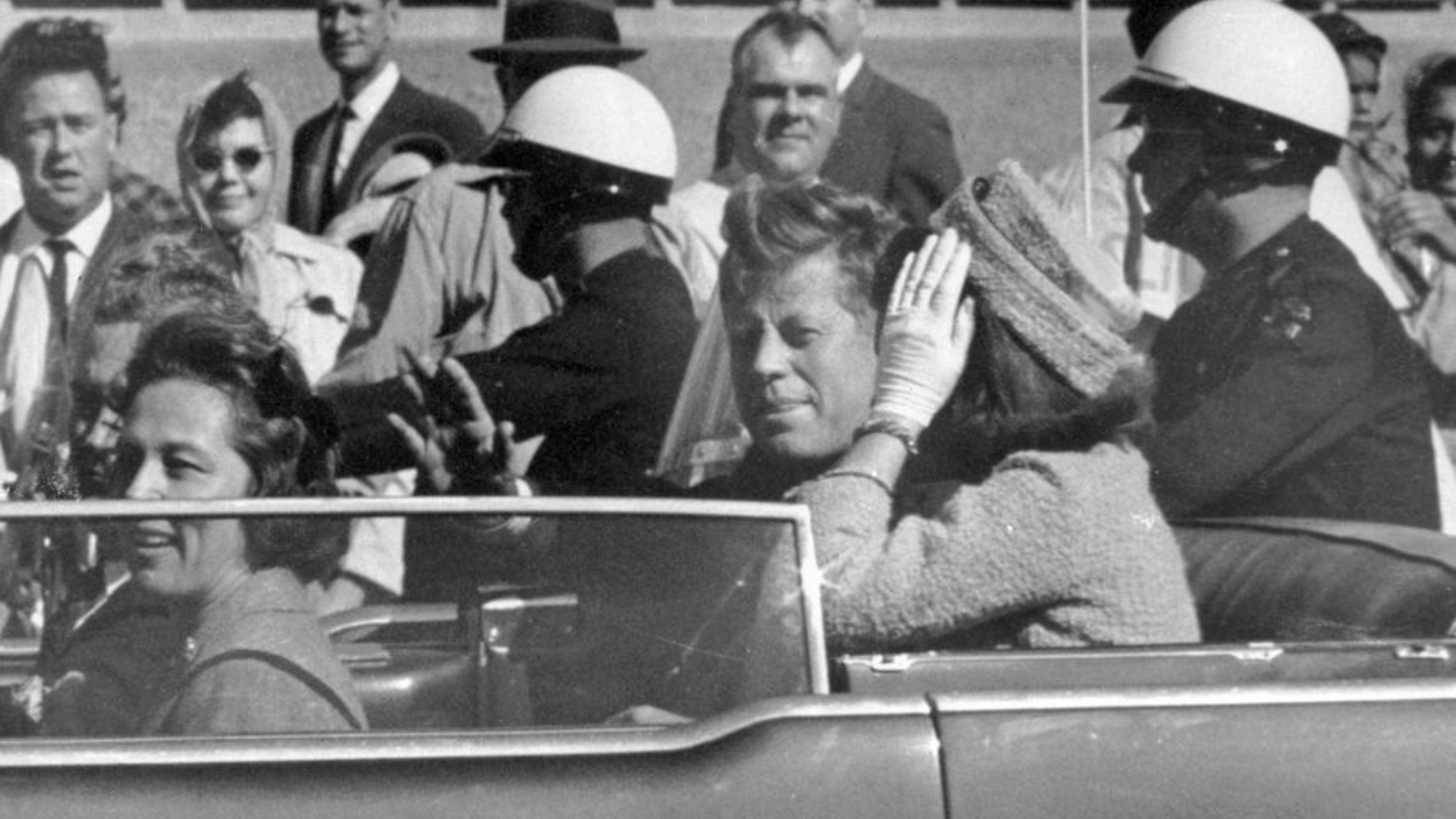DETROIT (AP) — The Movement for Black Lives is opposing the George Floyd Justice in Policing Act, arguing the bill doubles down on reform strategies that have historically failed to center marginalized communities and address police violence nationwide, according to a blistering letter to congressional leaders, first shared with The Associated Press.
The movement, which was formed in 2014, is a coalition of 150 organizations nationwide that helped drive the global protests against racial inequity last summer. It is demanding Congress create new, comprehensive legislation to confront disinvestment, mass incarceration and systemic racism in America.
While the Justice in Policing Act has been called one of the most ambitious efforts in decades to overhaul policing, the movement is concerned it doesn’t address the root causes that have led to Black Americans dying at the hands of police. The House passed the bill earlier this month, but the movement’s opposition presents a new roadblock for Democrats. Even though the party controls both chambers of Congress, a tough road lies ahead for Senate approval.
“Over this summer, communities lifted up solutions that would truly address the root causes of police violence and terror,” the movement wrote in a letter addressed to the chairman of the House Judiciary Committee, Rep. Jerry Nadler, D-N.Y., and to Reps. Sheila Jackson Lee, D-Texas, and Karen Bass, D-Calif., and Sen. Cory Booker, D-N.J., and shared with the AP on Wednesday. “Justice in Policing, by its very name, centers investments in policing rather than what should be front and center — upfront investments in communities and people.”
The bill, which is named for the man whose killing by police in Minnesota last Memorial Day sparked global protests against racial inequity, would ban chokeholds and “qualified immunity” for law enforcement while creating national standards for policing in a bid to bolster accountability. The bill is supported by President Joe Biden and has received support from some of the nation’s leading civil rights organizations.
Copyright 2021 The Associated Press. All Rights Reserved. This material may not be published, broadcast, rewritten, or redistributed. PHOTO AP




















